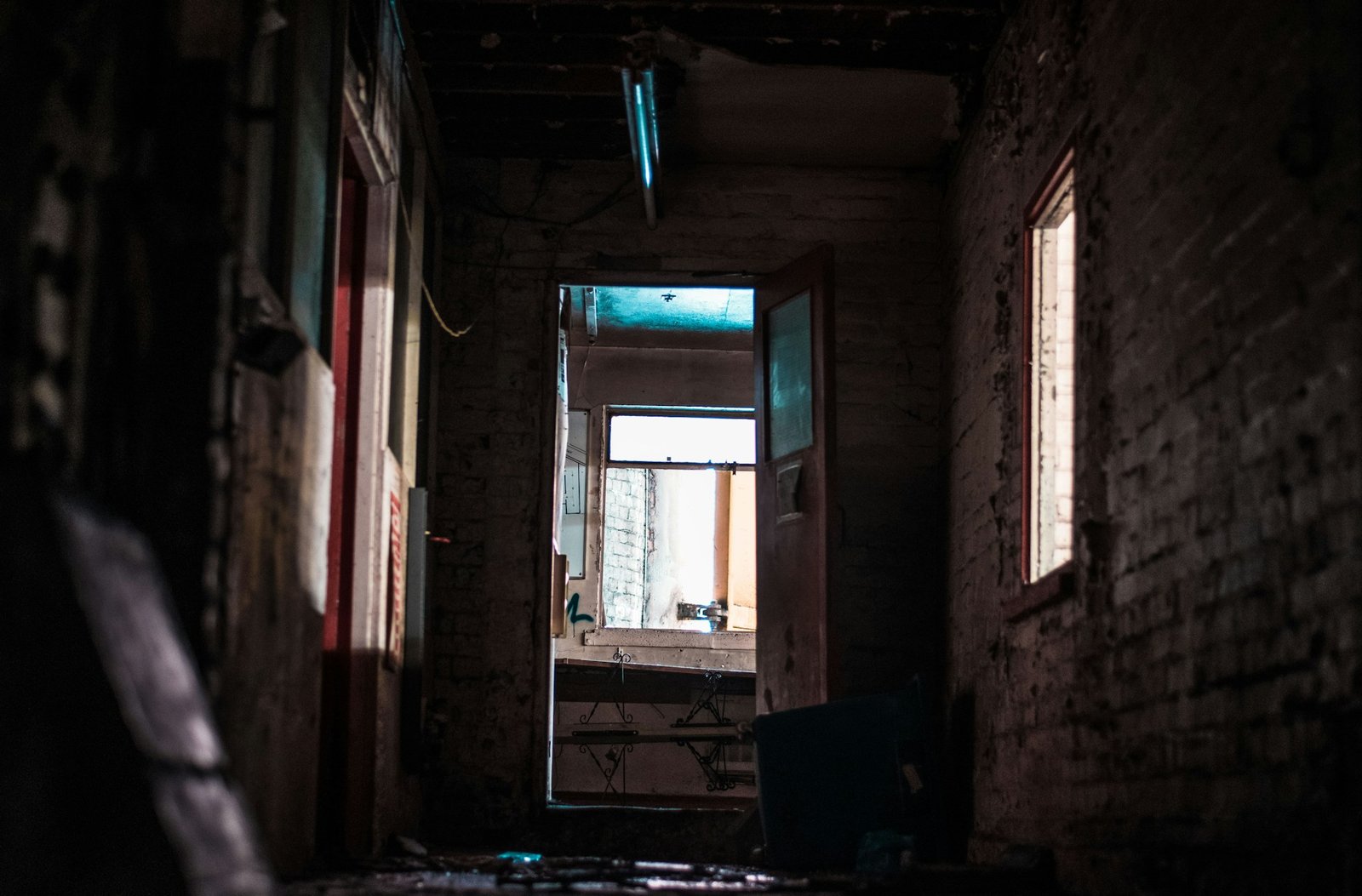Accidentally committing a crime can be a distressing experience.
It’s important to understand the legal implications and the steps you should take if you find yourself in such a situation in Colorado. This article will explore the different categories of accidental crimes, Colorado’s strict liability laws, and the steps to take if you inadvertently commit a crime.

Non-Punishable Accidental Crimes
Not all accidental actions result in criminal liability. In Colorado, for an action to be considered a crime, there typically needs to be an element of intent or recklessness. If you accidentally commit an act without any intent or negligence, it may not be punishable under criminal law.
For example, if you accidentally take someone’s property thinking it was yours, this could be seen as a genuine mistake rather than a theft. As long as you return the property once the mistake is realized and there was no intent to permanently deprive the owner of their property, you are unlikely to face criminal charges. Similarly, if you accidentally damage property but immediately report it and offer to make reparations, the lack of malicious intent may lead to leniency.
Punishable Accidental Crimes
However, there are instances where accidental actions can still lead to criminal charges. This usually happens when the law holds individuals to a standard of care that, if breached, results in harm or potential harm to others. These are often classified under negligence or recklessness.
For instance, if you accidentally discharge a firearm and someone is injured, you could be charged with reckless endangerment or assault. Similarly, if you unintentionally run a red light and cause an accident, you could be held liable for traffic violations and any resultant damages or injuries.
For those dealing with sanctions, it’s important to understand ofac Syria and how it might affect your legal situation.
What Are Colorado’s Strict Liability Laws?
Strict liability laws are crucial in understanding accidental crimes. Under strict liability, certain actions are considered criminal regardless of intent or knowledge. The primary focus is on the act itself rather than the perpetrator’s state of mind.
In Colorado, strict liability offenses often include regulatory crimes related to public safety, such as health code violations, environmental laws, and certain traffic offenses. For example, selling alcohol to a minor can be prosecuted as a strict liability crime; it doesn’t matter whether you knew the person was underage. Similarly, statutory rape is another strict liability crime where consent or belief about the age of the minor does not absolve the perpetrator.
Strict liability aims to encourage adherence to laws designed to protect the public and prevent harm. Therefore, it’s essential to be aware of the specific requirements and regulations in your activities to avoid unintentional violations.
Steps to Take if You Accidentally Commit a Crime
If you find yourself in the unfortunate situation of having accidentally committed a crime in Colorado, there are several critical steps you should follow to mitigate the consequences and protect your rights:
- Stay Calm and Assess the Situation: Panicking can lead to further mistakes. Take a moment to understand what has happened and whether anyone is in immediate danger or needs assistance.
- Seek Legal Advice: Contacting a Lakewood criminal defense attorney should be your next step. A qualified attorney can provide guidance tailored to your specific situation. They can explain the nuances of Colorado law, help you understand the potential charges, and advise you on the best course of action. If your case involves a serious matter such as injury or significant property damage, it’s crucial to have legal representation early on.
- Report the Incident: If the situation involves an accident or harm to others, reporting it to the relevant authorities demonstrates responsibility and can sometimes mitigate potential charges. For instance, if you accidentally damage property, contact the owner or local authorities to report the incident. This shows good faith and can work in your favor if the matter goes to court.
- Document Everything: Keep detailed records of what happened, including any communications, actions taken, and witnesses. This documentation can be crucial for your defense if the case proceeds to trial.
- Cooperate with Authorities: While it’s important to protect your rights, being cooperative with law enforcement can sometimes lead to more favorable outcomes. However, always do so with your lawyer’s guidance to avoid inadvertently incriminating yourself.
- Understand the Charges: Work with your attorney to fully understand the charges against you. They can explain the legal terminology, potential defenses, and what to expect during the legal process.
- Prepare for Court: If your case goes to court, follow your attorney’s advice in preparing your defense. This may include gathering evidence, securing character witnesses, and preparing your testimony.
Understanding Accidental Crimes
Accidentally committing a crime in Colorado can be a daunting experience, but understanding the legal landscape and taking the right steps can make a significant difference in the outcome of your case. Recognize the distinction between non-punishable and punishable accidental actions, familiarize yourself with strict liability laws, and seek professional legal advice promptly. By staying informed and proactive, you can navigate this challenging situation more effectively and work towards a favorable resolution.






